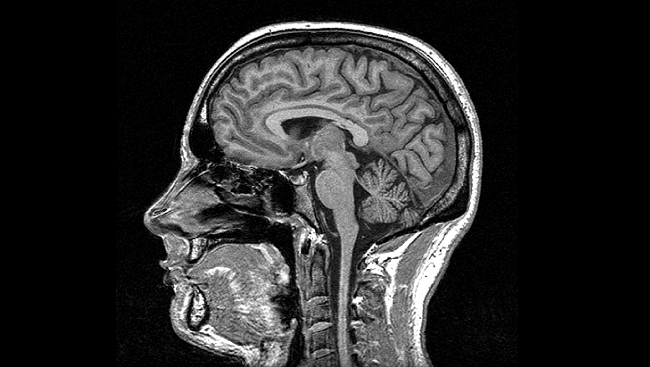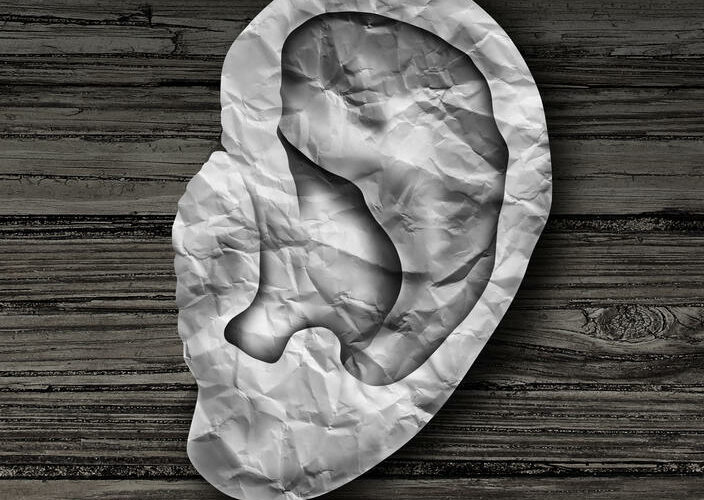Memory loss is usually the most common symptom of dementia, but in some cases, patients lose their ability to speak first.
Scientists at Northwestern Medicine have pinpointed the location of of the brain networks that can lead to primary progressive aphasia (PPA), which is a form of dementia where an individual loses speech and language abilities rather than memory. PPA occurs when nerve cells in language-related parts of the brain malfunction.
What causes aphasia?
The groundbreaking findings allowed scientists to map the three regions of the brain necessary for speech, and the pathways that break down during primary progressive aphasia, inhibiting patients’ ability to speak. Interactions between these three regions are responsible for processing language, and a lack of connectivity causes PPA. The discovery means that scientists are a step closer to treating speech loss due to dementia.
Speech difficulty in dementia, known as
aphasia, can range from forgetting
a word to the complete loss
of one’s ability to speak.
“Now we know where to target people’s brains to attempt to improve their speech,” said Dr. Borna Bonakdarpour, lead author and assistant professor of neurology at Northwestern University.
PPA can occur in people who have neurodegenerative diseases, including Alzheimer’s disease and frontotemporal dementia.
Possible treatment for dementia-related speech loss
Previous studies primarily examined the areas of the brain which had atrophied using structural MRI. This study focused instead on the areas of the brain which were still active, and used functional MRI to detect blood flow and better understand which parts of the brain were connecting and interacting. Now, armed with these new findings, doctors can use various therapies, such as transcranial magnetic stimulation (TMS), to potentially improve an affected person’s speech by targeting the areas of the brain which are still active.
The study comprised of 73 patients, and recruited from the extensive pool of patients with PPA at Northwestern’s Cognitive Neurology and Alzheimer Disease Center, one of the largest centers in the world. The findings were published in scientific journal Cortex.
Bonakdarpour and his colleagues have begun testing TMS on the three targeted brain regions in healthy individuals with the goal of applying it to patients with PPA in a future clinical trials. Though further research on what types of therapies may be most effective is needed, the study is a major leap forward in understanding PPA and how brain activity and interaction play an integral role in brain health.




Very informative article.
My mother passed of Alzheimer 10 yrs ago. My cousin is in advance stage. I think I am beginning. Info from you is very very helpful. Thank you again.
Thank you for the direct information. After witnessing (and being guardian) for my parents as they lost themselves to dementia, I am now guardian as my brother is experiencing this; loss of speech, loss of swallow ability.
My Wife suffers with advanced Dementia. On October17 2020 Barb had a Heart attack. She has recovered quite well. About 3 weeks ago, Barb’s robust voice became quite muted resulting a significant impairment to be understood. For 3 weeks, nothing has changed. Is her condition related to a heart attack, or is it something else?
You need to find a cure for or love ones going die from horrble thing
Recently diagnosed with dementia, My memory loss seems to be the first stages. I understand foods and certain oxygen type therapies help slow the disease. How can I participate in trails?
Who had trails for new therapies and medications? I would be willing to participate in studies!!!
My junior is suffering from dementia since 2016 He has lost his. Voice What can we do now?